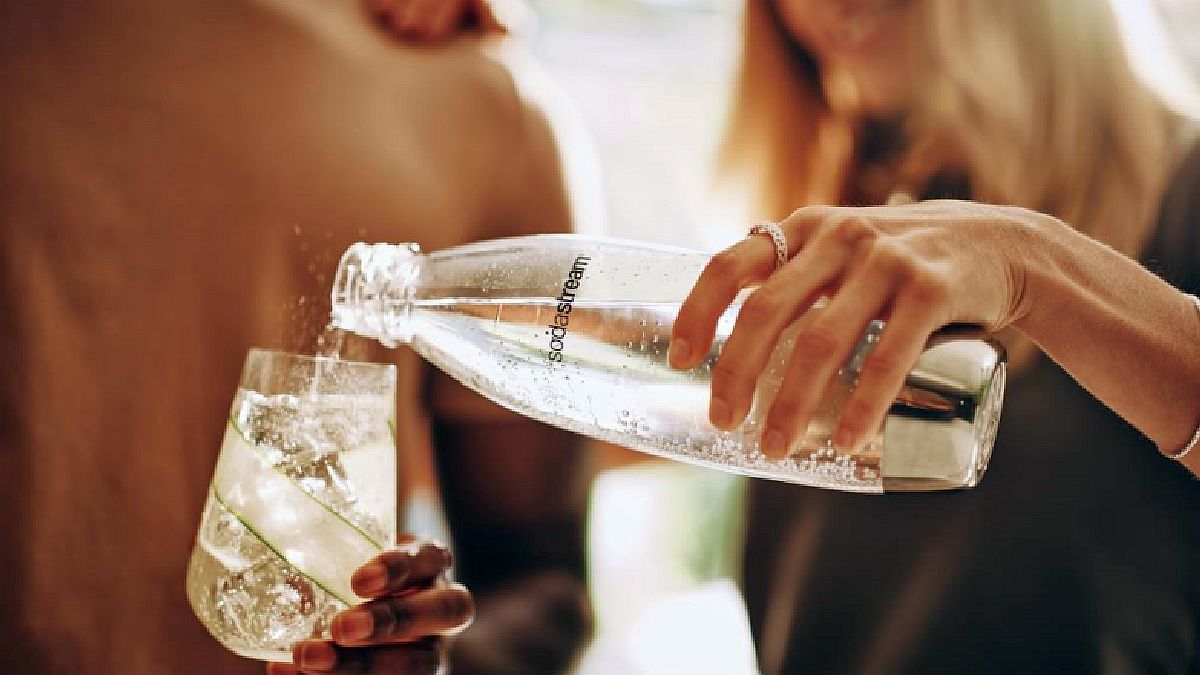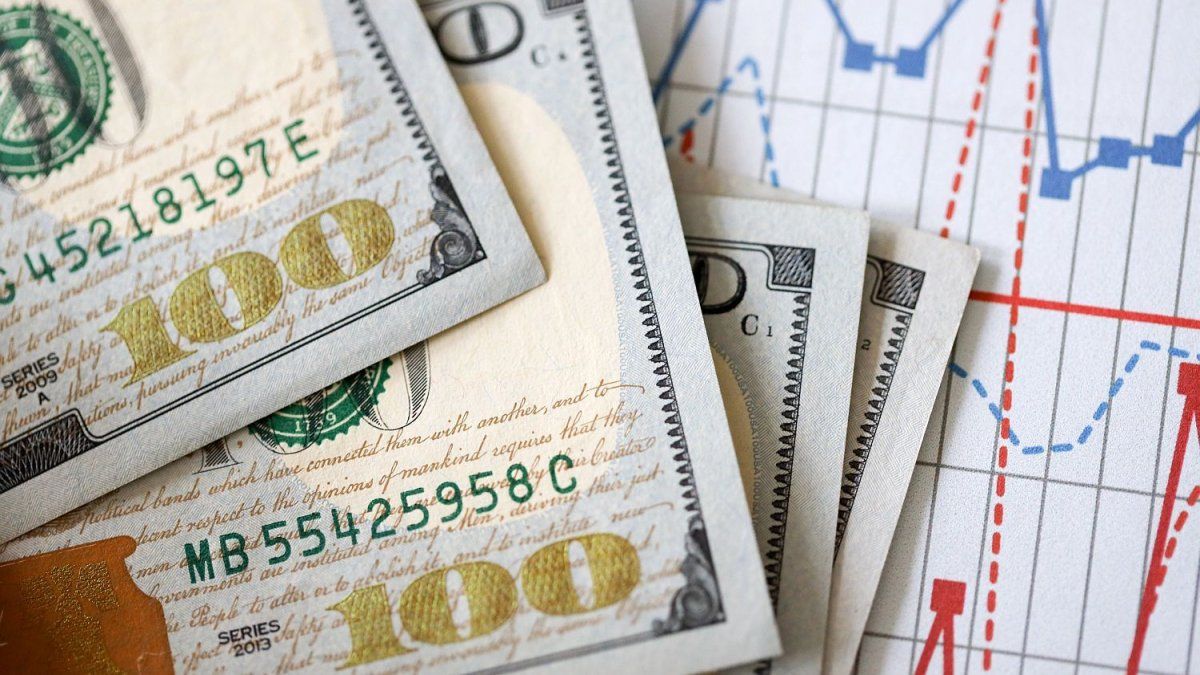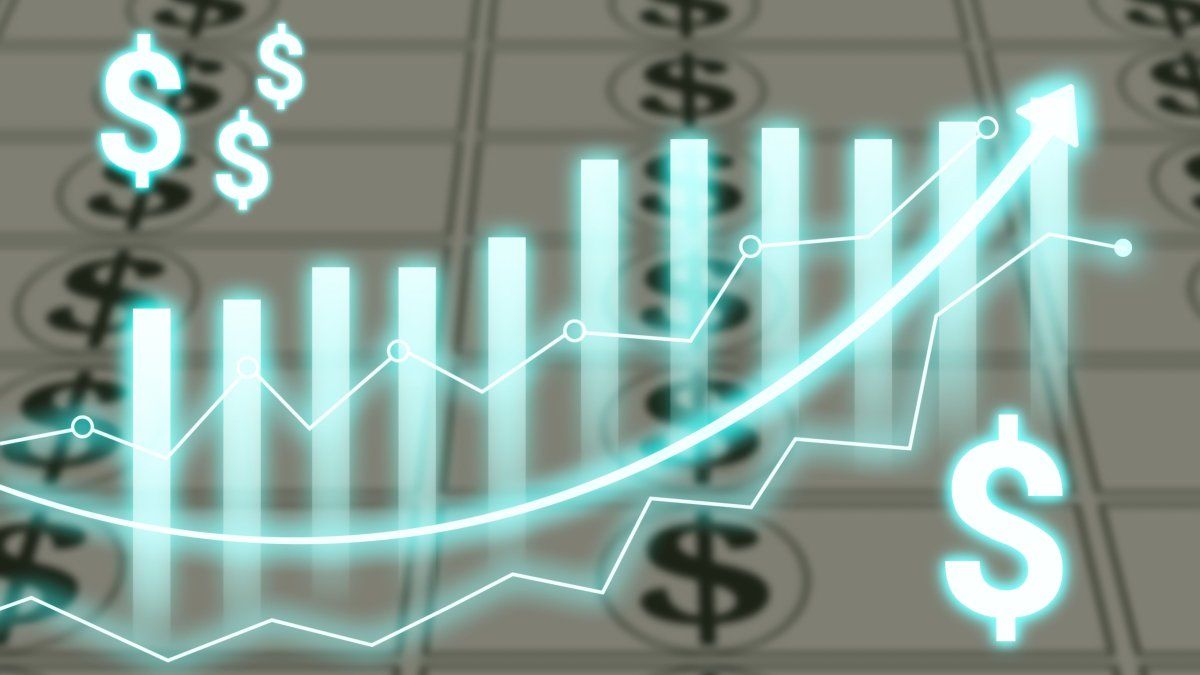The heat arrives and the star moment arrives water and soda. The latter, like water, is an excellent option to keep us hydrated. In addition, since it has no calories or added sugars, it is an extremely healthy option.
There are many people who find it difficult to consume water in daily life. For this reason, they fall into juices and soft drinks ultra processed. In this case, soda is an excellent option since it provides the palate with a different experience than water (being just as nutritious).
While still water is tastelessthe soda It may taste slightly different due to carbonation. Some people find that soda can aid in digestion or provide a feeling of satiety due to the fizz (although this may vary between individuals). The feeling of coolness may be more pronounced with soda, providing a refreshing alternative, especially in hot climates.
MND09048.jpg
Therefore, both water and soda are healthy hydration options. The choice between the two depends on individual preferences and specific circumstances, such as social context, flavor preferences, and fizz tolerance. Both are valuable tools for maintaining adequate hydration.
How much soda is recommended to drink per day? At what time?
“The recommended amount of soda or water in general may vary depending on individual factors such as age, weight, breastfeeding, level of physical activity and weather conditions. However, a general recommendation is to follow the guidelines established by the World Health Organization where it is suggested to consume between 1.5 and 2 liters per day. The key is to maintain a balance and make sure you are well hydrated throughout the day, adjusting fluid intake according to individual needs and circumstances,” explained the Sodastream nutritionist, Lucia Magdalena Suarez (Matt 1885/1).
“Properly hydrating is essential to maintaining health, but sometimes mistakes are made that can negatively affect hydration,” he added.
Tips to avoid mistakes with hydration in summer
Nutrition graduate Suarez points out here some of the main mistakes to avoid in the summer:
- Not drinking enough water: The most common mistake is simply not consuming the right amount of water. Ignoring thirst and not drinking enough can lead to dehydration, which can negatively affect health and performance.
- Overreliance on caffeinated or alcoholic beverages: Beverages with caffeine (such as coffee, tea, or processed soda) and alcohol can have a diuretic effect, meaning they increase urine production and may contribute to fluid loss. If you rely too much on these drinks, you may need to compensate by consuming more water.
- Not adjusting to individual needs: Hydration needs vary depending on individual factors such as age, weight, physical activity level, climate and general health. Failure to adhere to these needs can result in inadequate hydration.
- Forgetting to hydrate during exercise: Many people do not drink enough water before, during and after exercise. Dehydration during physical activity can affect performance and recovery.
- Not considering fluid loss in specific weather conditions: In hot weather or during intense activities, more fluids are lost through sweat. Failure to adjust water intake in these situations can lead to dehydration.
- Not paying attention to the body’s signals: Ignoring thirst or not paying attention to the body’s signals that indicate the need for fluids can lead to dehydration. Thirst is a reliable indicator that the body needs water.
- Consuming drinks with too many calories and sugar: Drinks with high sugar and calories, such as soda and juice, can contribute to excess calories and health problems. Opting for water and soda is a healthier option.
“To avoid these mistakes, it is essential to pay attention to thirst signals, adjust fluid intake according to individual needs and choose healthy and appropriate sources of hydration for each situation. It is always advisable to consult with a health professional for personalized guidance.”concluded the specialist.
Source: Ambito
I am an author and journalist who has worked in the entertainment industry for over a decade. I currently work as a news editor at a major news website, and my focus is on covering the latest trends in entertainment. I also write occasional pieces for other outlets, and have authored two books about the entertainment industry.




